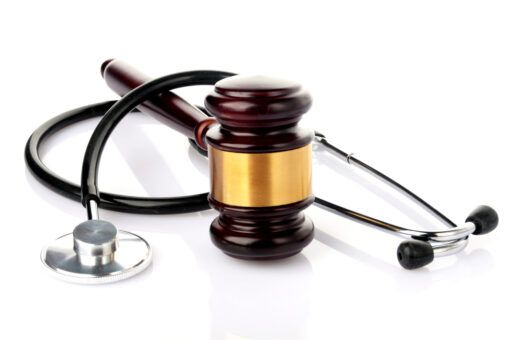
We applaud the GMC for issuing detailed guidance on how it responds to doctors who take action on particular issues and may be arrested, charged, convicted, and even imprisoned.
The GMC has been prompted to produce this guidance because of the many doctors who have been or are likely to be convicted because of actions related to the climate and ecological crisis. Another prompt is that many doctors and members of the public not only support the doctors taking action but are full of admiration for them. The BMA’s Annual Representative Meeting passed a motion calling for the association to protect doctors’ right to engage in activism, including through advocating for protections against being struck off or fired for participating in activism. The GMC is in danger of finding itself on the wrong side of history.
We recognise that the first duty of the GMC is to the public, guaranteeing to them that the doctors who care for them are fit to practise. The GMC is rightly regulated by the act of Parliament and is constrained in the actions it can take.
We have the following observations and questions in relation to the GMC guidance.
1. The case studies make clear that it is possible for a doctor to be convicted of a criminal offence and yet not be referred to the Medical Practitioners Tribunal Service.
2. The GMC is rightly concerned with keeping the public’s confidence in the profession, but how does it measure the public’s confidence? We know that the majority of the British population is concerned about the climate and ecological crisis and is worried that the government’s response is inadequate. In these circumstances, might it not be that doctors convicted of actions on the climate and ecological crisis may increase rather than reduce the public’s confidence in the profession?
3. The GMC says that it “can’t take a view on the merits of specific causes.” Is this a legal restriction? Is it impossible for the GMC to recognise, as does the United Nations, the WHO, and the Intergovernmental Panel on Climate Change, that the climate and ecological crisis is the major threat to global health and an existential threat to human survival? It seems absurd that it can’t.
4. The guidance doesn’t seem to recognise the inevitable conflicts that arise in the duties of a doctor. Doctors should be protecting the health of the public, which activists see as justification for taking actions that lead to a criminal conviction. Can and does the GMC take these conflicts into account when deciding what action to take on convicted doctors?
